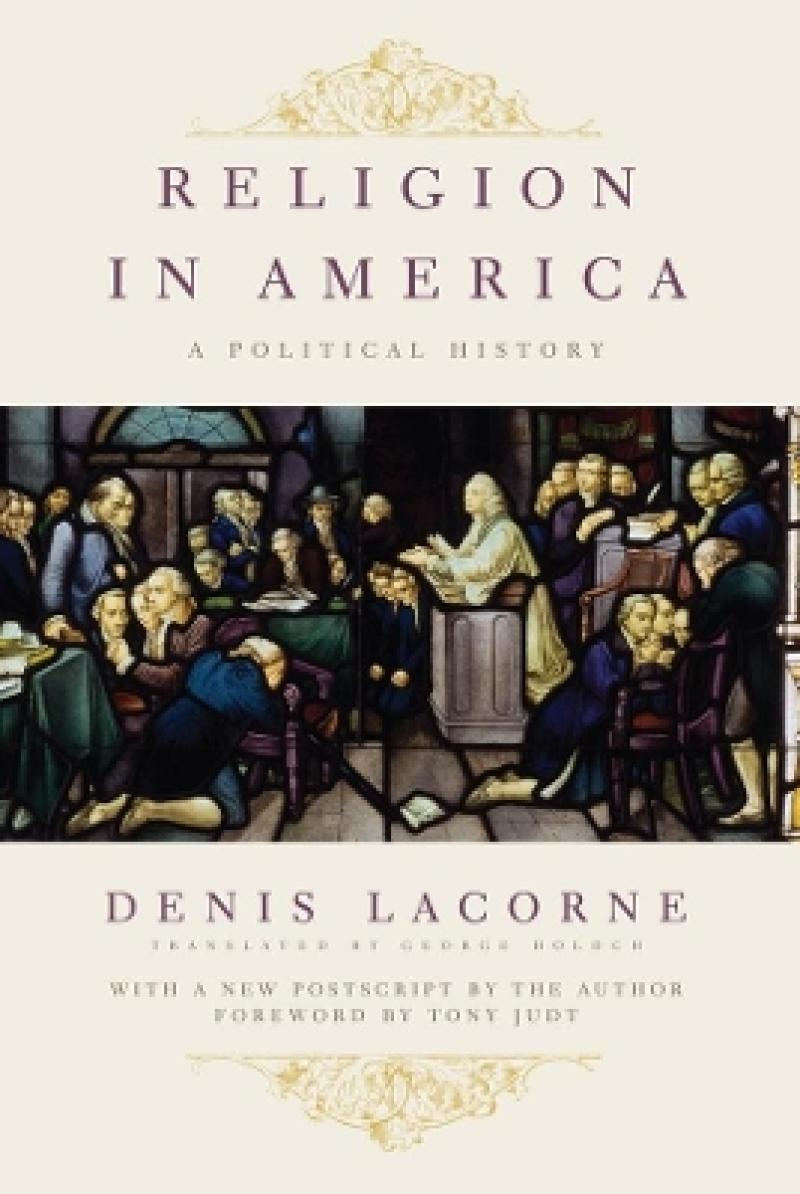Lacorne is an acute yet friendly observer of US politics and culture. The parts of the book that form a straightforward essay on religion in America are wise, sympathetic, and vividly written. But his weaving of this account into the story of France's long obsession with America is fascinating in its own right, and casts light on the larger theme. Sorting through the insights and misconceptions of his predecessors is unexpectedly revealing: quite often funny, too. Financial Times Anyone interested in religion and politics in the U.S. stands to be deeply informed by Lacorne's lucid, intelligent book. Booklist Forceful and intelligent. Kirkus Reviews it surveys its subject with grace and insight, as well as a lot of information. -- Jim Cullen Cutting Edge It's an edifying read for someone seeking grounding in the subject as well as a user-friendly course adoption. -- Jim Cullen History News Network This book provides a much welcomed viewpoint from outside our ongoing religious squabbles in American politics. Lacorne admirably avoids oversimplification while remaining eminently readable. Library Journal A fascinating and noteworthy study of American religion. -- Eldon J. Eisenach Journal of American History On a shelf groaning with books on politics and religion, Denis Lacorne's study will stand out for its distinct perspective and erudition. -- Thomas E. Buckley American Historical Review The book is quite thorough, considering the substantial historical period being covered. Examples-from legal cases to travel narratives, public school curricula changes to political pulpits-are expertly chosen, and the resulting exploration is as concerned with the specifics of the topics as it is a general commentary on broad overarching concepts. -- Saliha Chattoo Studies in Religion Suitable for college-level political history and religion holdings alike...a fine scholarly assessment and history, this is a recommendation for any college-level collection! Midwest Book Review
